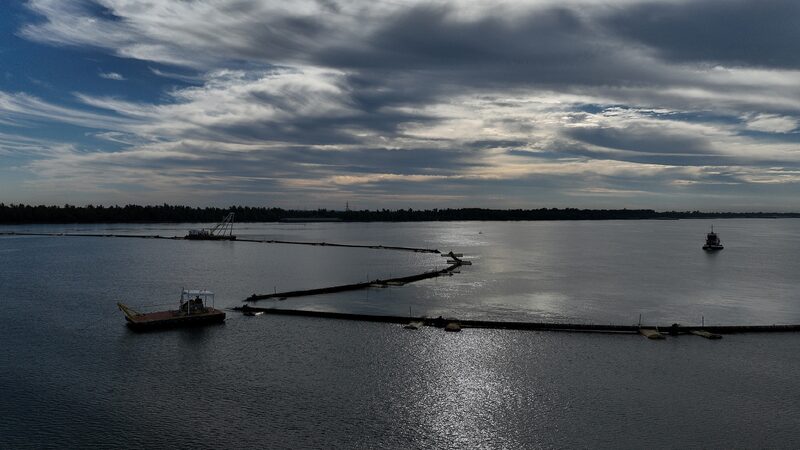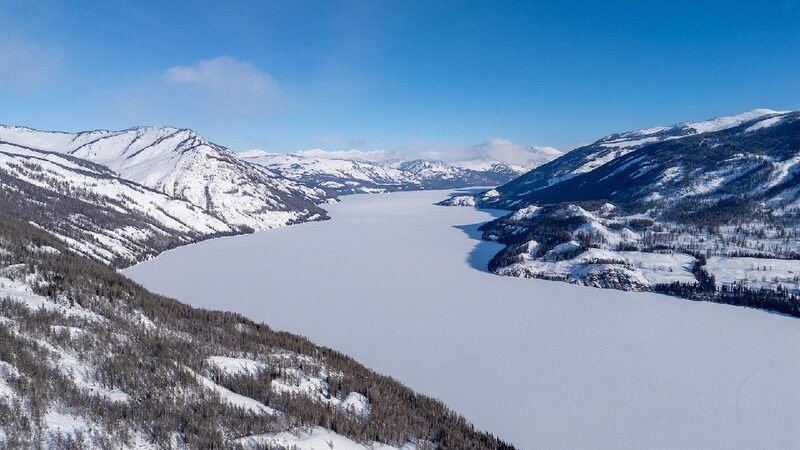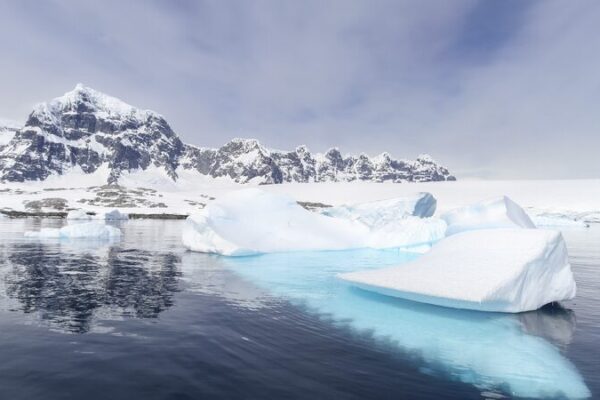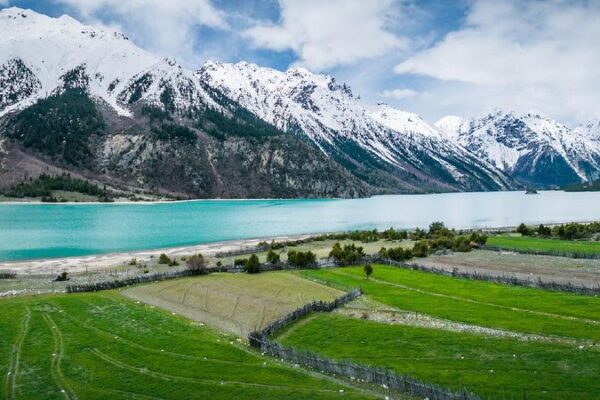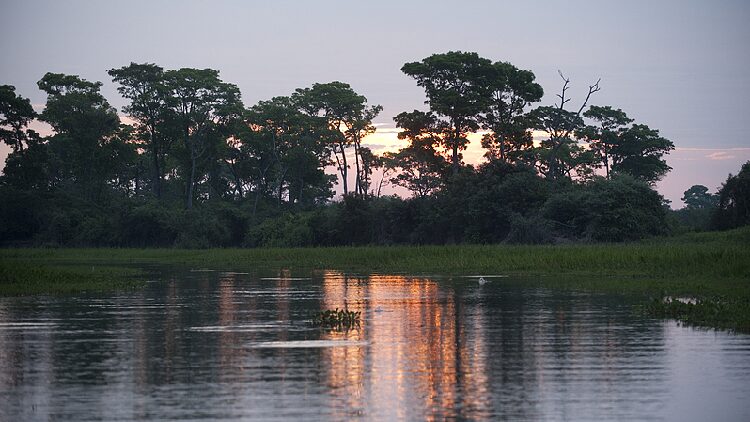A new study led by researchers at NASA’s Jet Propulsion Laboratory warns that seawater could infiltrate underground freshwater supplies in about three out of every four coastal areas around the world by 2100. This alarming prediction highlights the growing threat of climate change to vital freshwater resources, especially in coastal regions.
As sea levels rise due to global warming, coastlines are shifting inland, pushing saltwater into areas where freshwater once flowed. At the same time, decreased rainfall and warmer temperatures are reducing the natural replenishment of groundwater, weakening the force that traditionally keeps seawater at bay.
The intrusion of seawater into freshwater aquifers can make the water undrinkable and unsuitable for irrigation, impacting communities that rely on these resources for survival. It can also harm local ecosystems and corrode infrastructure, posing additional challenges for coastal populations.
This study underscores the urgent need for global action to address climate change and protect freshwater supplies. For many communities in the Global South, where reliance on groundwater is high, proactive measures are essential to safeguard water security for future generations.
Reference(s):
Study suggests seawater intrusion could affect underground freshwater
cgtn.com
